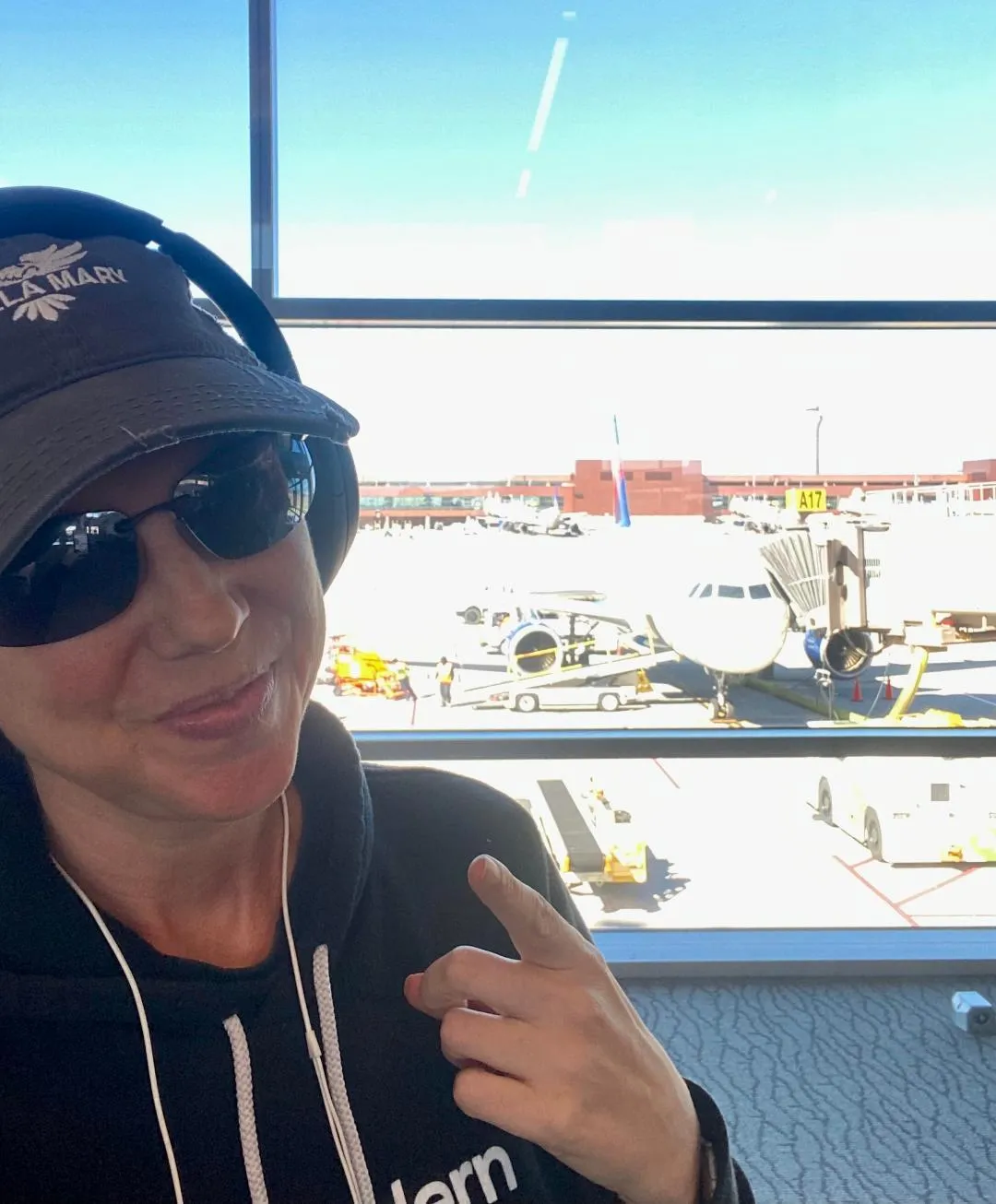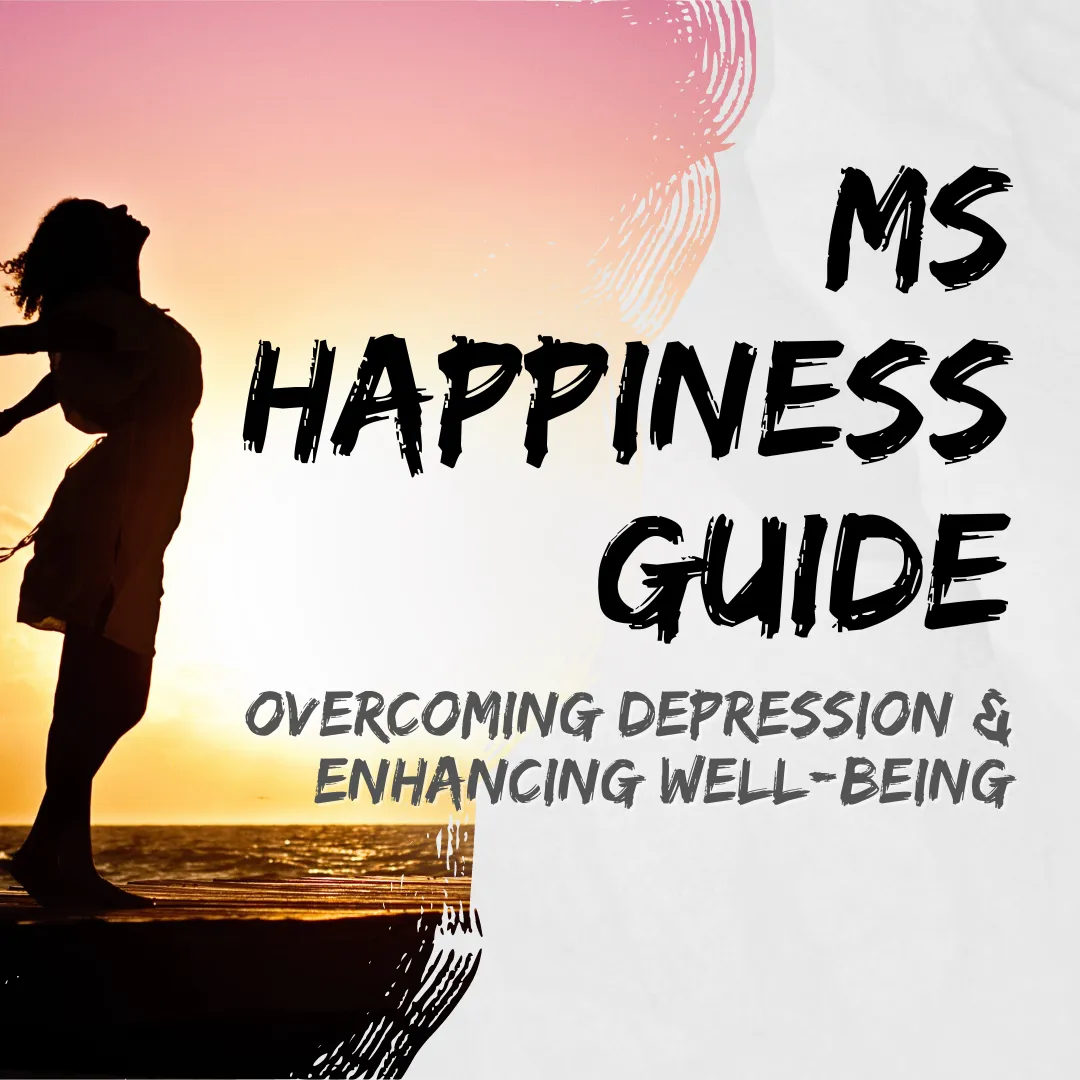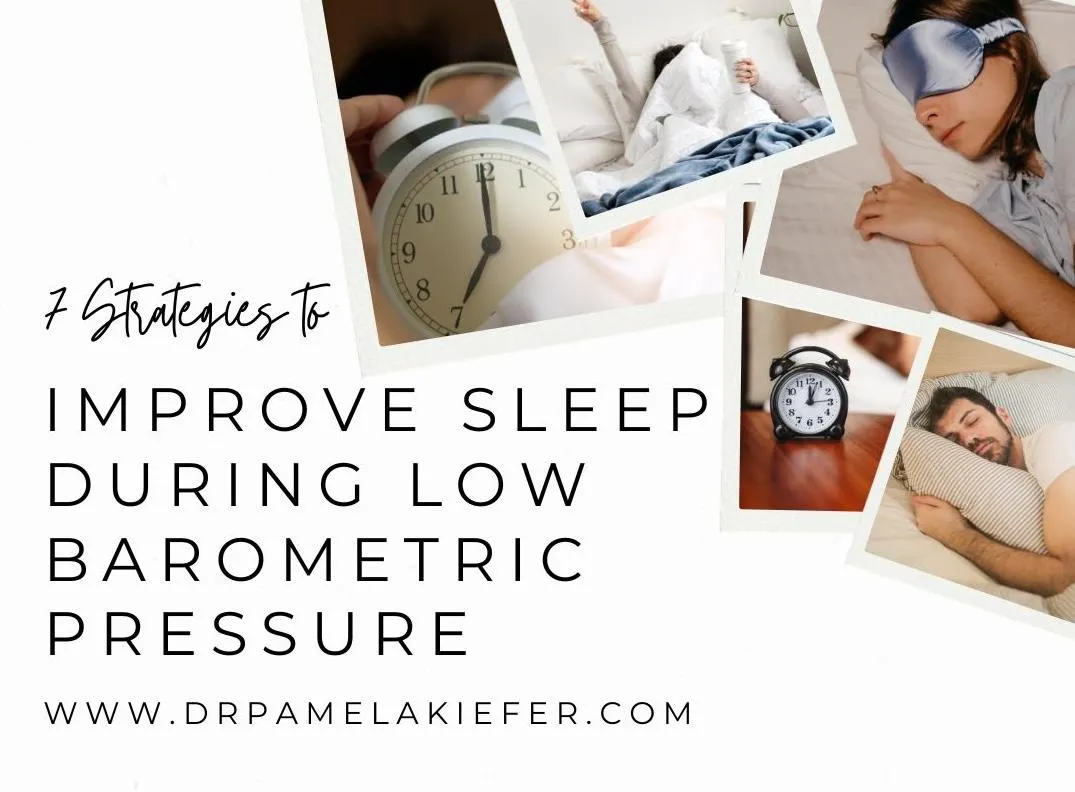Unlock Your Full Performance Potential Today
Helping you *SHINE* on every Stage of your life.

(Pamela Mary performing for the National Pediatric Cancer Foundation with Maelynn Gerdsen, cancer survivor and inspiration behind her original song, "Teaching Us to Live."
MEET DR. PAMELA MARY KIEFER, PSYD, CPC, SPEAKER, & MUSICIAN - "PERFORMANCE COACH"
About Me
For Pamela Mary, the stage is more than just a place to perform music; it's a platform for inspiration and transformation. Pamela Mary's original music brings a unique blend of 90s country with a touch of rock and some amazing grace to her music.
Beyond her music career, Dr. Pamela Kiefer (PsyD, CPC, Wahls Protocol® Certified Health Professional) is also an accomplished Doctor of Psychology, specializing in psychoneuroimmunology (PNI) and stage performance enhancement. Dr. Kiefer is a dedicated advocate for health and wellness.
Dr. Kiefer's personal journey, which includes her own battle with multiple sclerosis (MS) since 2016, has fueled her commitment to making a difference in the lives of others. Her unique perspective and expert knowledge have led her to create courses, write books, and design beach retreats aimed at empowering individuals, particularly those with MS, to overcome adversity, conquer depression, enhance well-being, and find happiness.
With a team of top industry professionals, music producers, and consultants, Pamela Mary is not only making waves in music but also in the world of health, wellness, and psychology. Her mission is to inspire and equip individuals to navigate life's challenges with resilience, hope, and a sense of purpose.
Join Pamela Mary on a transformative journey that combines the power of music, psychology, and wellness to help you discover your own path to happiness, well-being, and a life filled with purpose.
WHAT I OFFER
Explore All of My Programs
Pamela Mary Keynote Concerts
"Take Down a Giant!" How to Overcome the Biggest Challenges of Your Life. Discover your path to Happiness and Resilience. Life can be a series of unexpected challenges, but it's how we respond that defines us. Book Dr. Pamela Mary Kiefer for an inspiring keynote concert for your conference, association, company meeting, workshop, seminar, or school where she shares her personal journey of overcoming adversity, from chronic illness to relationship loss. Through live music performances intertwined with her powerful stories, your audience will learn how to find happiness, purpose, and resilience even in life's toughest moments. Gain actionable insights and embark on your own transformative journey toward a life filled with joy and purpose.


Stage Performance Enhancement
Cultivating Peak Performance in Musicians: Through specialized coaching, Dr. Pamela Kiefer harnesses the power of positive mental and behavioral interventions to amplify focus and nurture strengths in the realm of stage performance. Just as sports psychologists optimize goal setting, mental imagery, and team dynamics for athletes, Dr. Kiefer applies these principles to musicians, enhancing their stage presence, elevating performance skills, and mastering stress and time management. Join her on a journey to unlock your peak potential as a musician and leave a lasting impact on your audience.
The Healing Singer
Strengthen Your Voice, Speed Up Your Recovery:
Singers face a unique challenge when illness strikes. In
"The Healing Singer: Holistic Strategies for Illness and Vocal Health," Dr. Pamela Mary Kiefer empowers singers with her REHAB protocol - natural, singer-specific tools to protect their voice, support their body, and recover smarter. Learn holistic strategies drawn from both vocal science and functional health—and discover how to sing stronger, even after setbacks. Don’t leave your vocal health to chance—enroll today and take control of your recovery journey.


Travel Anxiety Course
Unlock the secrets to managing anxiety during your travels: Are you tired of your anxiety holding you back from fully enjoying your travels? Do you find yourself constantly worrying and stressing about flying, driving, being away from home, or remembering a past bad experience, which may prevent you from precious time with friends or loved ones? If so, I have great news for you. There are practical and easy-to-implement strategies and techniques that can help you manage your travel anxiety and ensure that your travels are filled with joy, love, and meaningful experiences.
Multiple Sclerosis and Happiness
Discover Happiness Beyond MS: Living with multiple sclerosis can cast a shadow of depression and well-being challenges. Dr. Kiefer's "Multiple Sclerosis and Happiness" program is your path to transformation. Drawing from psychology and health coaching, She will guide you to conquer depression, enhance well-being, and find happiness amid MS. Benefit from the wisdom of those who've reclaimed their joy despite the odds. Enroll today to reclaim your happiness and well-being. Your journey to a fulfilling life starts here.
(Full program coming soon. Get your FREE MS Happiness Guide NOW!)

Trusted by many people
See what our client's tell about us
Career Coach has been an absolute game-changer for me. When I was feeling lost in my career.
JOHN DOE
Their expertise in business development and networking proved instrumental in helping me start my own company.
JANE DOE
FAQS
What can I expect from Career Coach's personalized career assessment?
Our personalized career assessment is designed to provide you with a deep understanding of your unique strengths, interests, and potential career paths. We utilize a combination of assessments, one-on-one consultations, and data-driven insights to help you discover the most suitable career options for your goals. This assessment serves as the foundation for crafting a customized career plan that maximizes your potential and aligns with your aspirations.
How do I schedule a coaching session with Career Coach?
Scheduling a coaching session with Career Coach is easy and convenient. Simply log in to your account on our website and navigate to the "Book a Session" section. There, you'll be able to view the availability of our experienced coaches and select a date and time that works for you. You can also specify your preferred mode of communication, whether it's a phone call, video conference, or in-person meeting, depending on your location and preferences.
What if I'm not satisfied with Career Coach's services?
Your satisfaction is our top priority. If you ever feel that our services aren't meeting your expectations, please don't hesitate to reach out to our customer support team. We're committed to continuous improvement and will work diligently to address your concerns and provide a solution that aligns with your needs. Your success and satisfaction are what drive us, and we're here to support you every step of the way.
BLOG

The Link Between Barometric Pressure, Cloudy Days, and Poor Sleep Quality
Introduction:
If you're like me, you may notice that your energy takes a nosedive and your sleep feels less refreshing on cloudy days or during periods of low barometric pressure. It's not just in your head—science backs up the connection between these atmospheric changes and sleep disturbances. For those of us managing chronic conditions like multiple sclerosis (MS), Hashimoto’s thyroiditis, or Lyme disease, this phenomenon can feel even more pronounced. Let’s explore what’s going on and how you can take back control of your sleep.
With that said, here are 7 strategies to improve your sleep during low barometric pressure, today! 👊
The Science of Barometric Pressure and Sleep
Barometric pressure, also known as atmospheric pressure, refers to the force exerted by the weight of the air above us. When barometric pressure drops—often before storms or during prolonged cloudy weather—our bodies can experience physiological changes that disrupt our sleep. Here’s why:
Respiratory Changes:
Lower barometric pressure decreases the oxygen levels in the air. For individuals with existing respiratory or cardiovascular challenges, this can make breathing during sleep more difficult. Research even shows that people with obstructive sleep apnea (OSA) experience more apneas (breathing interruptions) during low-pressure periods.Neurological Responses:
Barometric pressure changes activate the vestibular system, which helps regulate balance and spatial orientation. This activation can lead to discomfort, headaches, or a sense of unease, all of which disrupt the body's ability to relax and fall into restorative sleep.Melatonin Disruption:
Cloudy days that often accompany low-pressure systems reduce our exposure to natural light. Less light means reduced melatonin production—the hormone that regulates sleep-wake cycles. This can make falling and staying asleep much harder.Inflammation and Pain:
If you live with conditions like MS or arthritis, you might notice that pain and inflammation flare up during weather changes. Low-pressure systems can trigger these responses, creating another barrier to restful sleep.Mood and Fatigue:
Barometric pressure drops are also associated with shifts in mood, such as irritability or low energy. These mood changes can disrupt your ability to relax before bed, worsening sleep quality.
Why It Feels Worse for Some of Us
For those managing chronic illnesses or autoimmune disorders, the body is often already in a state of heightened sensitivity. When external changes like low barometric pressure are added to the mix, it can amplify symptoms. People with conditions like MS or Lyme disease may already deal with fatigue, poor circulation, and neurotransmitter imbalances—factors that become even more pronounced during atmospheric shifts.
Strategies to Improve Sleep During Low Barometric Pressure
The good news is that you can take steps to support your body and improve your sleep during these challenging weather patterns. Here’s a comprehensive plan:
1. Increase Oxygen Levels
Consider using a light breathing exercise, such as diaphragmatic breathing, before bed to enhance oxygenation.
If sleep apnea or respiratory challenges are an issue, consult with your functional medicine practitioner about devices like a CPAP machine or even oxygen therapy.
2. Support Melatonin Production
Light Therapy: Use a 10,000 Lux light box for 20–30 minutes in the morning to reset your circadian rhythm and increase daytime alertness.
Sleep Hygiene: Make your sleep space as dark as possible, wear a sleep mask, and use blackout curtains to support nighttime melatonin production.
3. Combat Inflammation
Stick to an anti-inflammatory diet, focusing on foods like organic leafy greens, turmeric, and omega-3-rich wild-caught fish.
Take anti-inflammatory supplements like curcumin (500–1,000 mg twice daily) or magnesium glycinate (200–400 mg in the evening) to reduce nighttime discomfort.
4. Improve Circulation
Perform gentle stretching or light yoga in the evening to enhance blood flow and reduce the impact of low-pressure-related sluggishness.
Try an Epsom salt bath before bed to relax muscles and improve circulation.
5. Address Pain and Discomfort
Use heating pads or warm compresses to soothe sore muscles or joints that feel more inflamed on low-pressure days.
Explore guided imagery or meditation to redirect your focus from physical discomfort to a state of relaxation.
6. Stay Hydrated
Keep a water bottle handy and drink plenty of fluids during the day to maintain optimal blood flow and oxygen delivery. Add electrolytes if needed.
Avoid alcohol and caffeine in the late afternoon and evening, as they can further disrupt your sleep.
7. Calm Your Nervous System
Practice progressive muscle relaxation or listen to calming music or sounds, like ocean waves, to wind down before bed.
If mood changes or anxiety are prominent, supplements like 5-HTP (50–200 mg) or SAM-e (400–1,600 mg) can support serotonin production and improve sleep.
A Note on Tracking Patterns
One of the best tools you can use is a symptom journal. Track barometric pressure changes alongside your sleep quality and symptoms to identify patterns. Over time, you’ll gain insights into which strategies work best for you.
Final Thoughts
While we can’t control the weather, we can take proactive steps to help our bodies adapt. Low barometric pressure and cloudy days may bring challenges, but by addressing key areas like oxygenation, inflammation, and melatonin production, you can minimize their impact on your sleep.
Remember, every small step toward better sleep adds up. If you find yourself struggling to adapt, don’t hesitate to reach out to your healthcare provider for tailored support.
Here’s to restful nights—rain or shine!
✔️Checklist for Improving Sleep During Low Barometric Pressure Days
Here’s a Checklist for Improving Sleep During Low Barometric Pressure Days to help you implement the strategies from the blog post:
Morning Routine: Set the Tone for the Day
Use a 10,000 Lux light box for 20–30 minutes to boost serotonin and regulate your circadian rhythm.
Drink a large glass of water with a pinch of sea salt or electrolytes.
Perform 5–10 minutes of diaphragmatic breathing to improve oxygenation.
Eat an anti-inflammatory brunch or breakfast (e.g., a smoothie with organic spinach, organic berries, turmeric, and healthy fats like avocado or flaxseeds).
Take your morning supplements:
Omega-3 fatty acids: 2,000–3,000 mg.
Curcumin: 500–1,000 mg (with black pepper for absorption).
Magnesium glycinate: 200–400 mg (if not taken at night).
Midday: Stay Hydrated and Energized
Drink a glass of water or herbal tea to stay hydrated.
Eat a circulation-boosting snack (e.g., a handful of nuts or high-percentage dark chocolate).
Take a short walk or do light stretching to keep blood flowing.
Afternoon: Combat the Midday Slump
Eat a balanced, anti-inflammatory lunch (e.g., wild-caught salmon, organic leafy greens, and sweet potato).
Do a 5–10 minute gentle yoga session or stretching after lunch.
Take supplements if needed:
CoQ10: 100–200 mg for mitochondrial support.
Magnesium glycinate: 200–400 mg (if not taken earlier).
Probiotic: Multi-strain formula (10–50 billion CFU).
Evening Routine: Prepare for Restful Sleep
Eat an anti-inflammatory dinner (e.g., roasted pasture-raised chicken, steamed organic vegetables, and quinoa). Ideally, do not eat two hours before bedtime.
Take time for relaxation techniques:
Progressive muscle relaxation or guided imagery.
Listen to soothing sounds, like ocean waves or calming music.
Take your evening supplements:
Magnesium glycinate: 200–400 mg (if not taken earlier).
Probiotics or other nighttime supplements.
Consider a warm Epsom salt bath to relax muscles and improve circulation.
Elevate your legs for 10–15 minutes to promote venous return.
Keep your bedroom dark, cool, and free of distractions.
Sleep Environment Optimization
Use blackout curtains or a sleep mask to create a dark sleep environment.
Consider a white noise machine or app to block out external disturbances.
Adjust room temperature to a cool and comfortable level.
Emergency Measures for Low Barometric Pressure Days
Use an oxygen concentrator or CPAP if prescribed for respiratory issues.
Apply heating pads or compression garments for areas prone to poor circulation or discomfort.
Practice deep breathing exercises to increase oxygen intake if you feel fatigued.
Tracking and Reflection
Log your symptoms and sleep quality in a journal.
Record barometric pressure changes to identify patterns in how they affect your sleep.
This checklist can be printed or save this site for quick reference on days when you feel the effects of low barometric pressure.
Want More Tips on Mental Wellness?
📩 Start with my FREE NeuroHappiness Toolkit for more science-backed strategies on stress relief, mindfulness, and self-care!
Get In Touch or Book Keynote Concert

